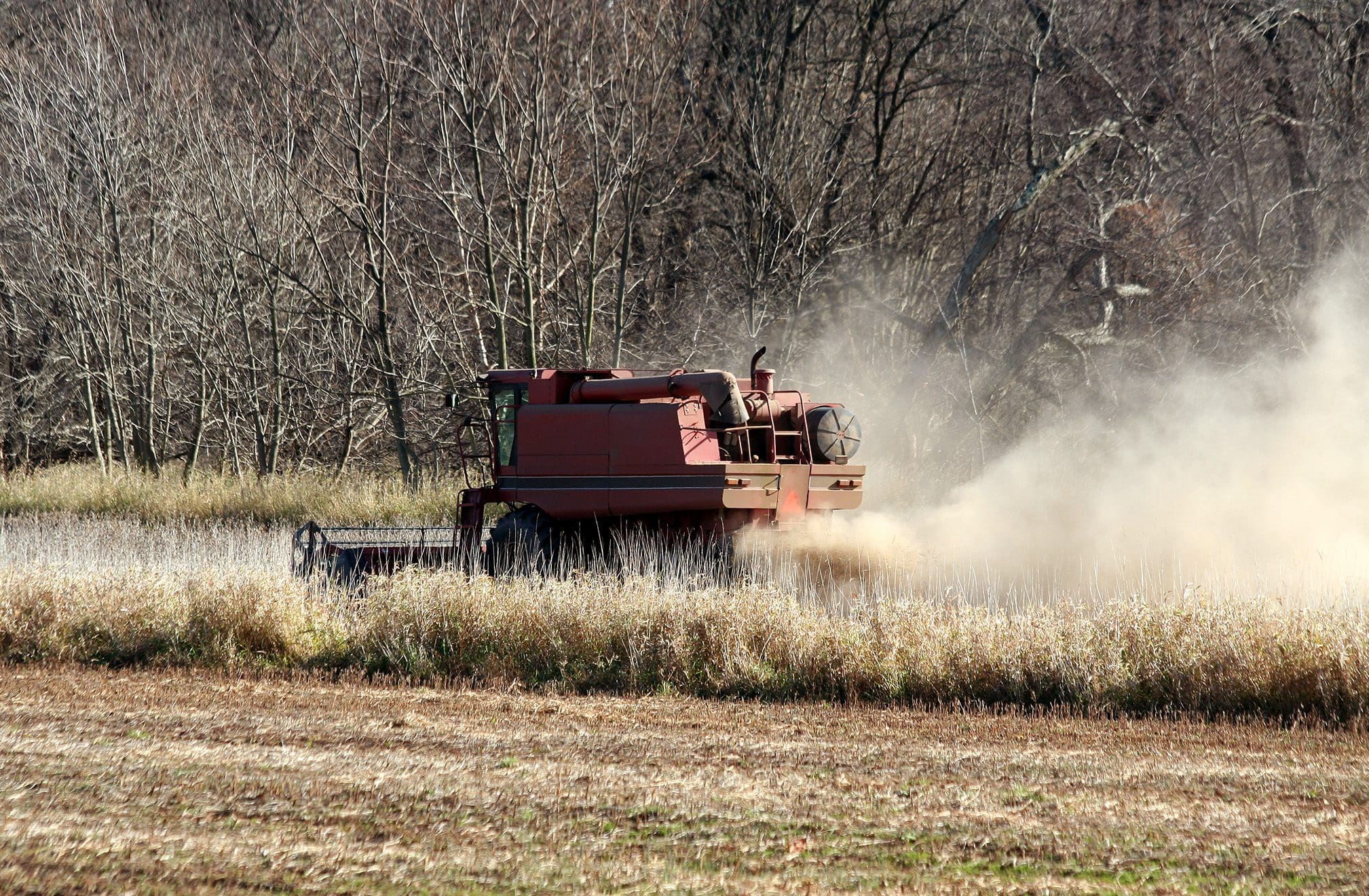By: MELISSA MONTALVO
Gov. Gavin Newsom vetoed a bill that would have put cash in the hands of eligible farmworkers to help them deal with the devastation of California’s drought.
Proposed by State Sen. Melissa Hurtado, a Democrat from Sanger, Senate Bill 1066 would have allocated $20 million to create the California Farmworkers Drought Resilience Pilot Project, a state-funded project that would have provided unconditional monthly cash payments of $1,000 for three years to eligible farmworkers, with the goal of lifting them out of poverty.
“When we talk about climate change, we forget about those that are most impacted and are already hurting,” Hurtado said at the time, “and that is the workers and the farmers.”
Newsom said in a statement that he supports the idea but, as he has said for other recent vetoes, funds are not available for this proposed program.
“I applaud the author’s consideration of how to best ensure farmworkers have
access to resources sufficient to provide for basic needs,” he said. “This proposal would require millions of dollars more to implement and funds were not included in the budget for this purpose.”
Part of the reason for the bill is that the agriculture industry lost over 8,000 jobs in 2021 alone due to the drought, Hurtado said.
“This is climate change; we know (the drought) is ongoing,” Hurtado said. “I don’t anticipate it getting better.”
The proposed legislation comes nearly a year after Hurtado wrote a letter to Newsom, urging him to prioritize farmworkers with the $35 million the state earmarked for guaranteed basic income pilot programs. The funding, agreed to by the governor and the Legislature as part of the fiscal year 2021-22 budget, will prioritize projects that serve former foster youth as well as pregnant individuals.
Hurtado said the state needs to create more policies that support the agricultural workforce.
“Farmworkers have been long neglected and continue to be neglected,” she said. They need “the right policies for them to be successful.”
Fallowed land means lost jobs for California farmworkers
Advocates say they’re already seeing the impact of the drought on farm work in the San Joaquin Valley.
Carlos Morales has worked in Fresno County’s fields for over 15 years. He said farmworkers in the county are noticing that work is increasingly scarce due to the lack of water.
“There are many fields where the farmers have stopped growing,” Morales said in Spanish in an interview. “There’s no water; there are no jobs.”
In 2021, California farmers were forced to fallow 390,000 acres of land — most in the Central Valley — due to drought and water allocation cutbacks.
Hernan Hernandez, executive director of the California Farmworker Foundation, said farmworkers are seeing their work hours decrease every year.
“Farmworkers now have to choose between putting food on their tables and paying rent, as there is less work in agriculture because of the lack of water in the Central Valley,” he said in a news release from Hurtado’s office, adding that the proposed legislation would bring “much-needed relief” to farmworkers and their families.
Some growers also supported the legislation. Representatives of agriculture groups such as the California Fresh Fruit Association spoke in support of SB 1066 during a Senate committee hearing.
In a phone interview with The Bee, Ian LeMay, president of the California Fresh Fruit Association, said the bill was an “interesting proposal” that acknowledged the many impacts of the drought on Central Valley communities.
“When we are in drought situations, or when we have low water allocations, not only are the businesses that we represent impacted, but ultimately our employees,” said LeMay.
He said he hoped the pilot program could help sustain the livelihoods of California’s farmworkers during the drought so they could remain in the community and be available for employment when the drought dissipates or when “an increased allocation of water is made to the growers in the central San Joaquin Valley.”
Who would have qualified?
If SB 1066 had become law, qualifying farmworkers would have been eligible for $1,000 unconditional monthly payments for three years — or up to $36,000.
To be eligible, a household would have had to meet the following criteria:
- At least one member of the household is a California resident
- At least one member of the household has worked as a farmworker for the entire period between March 11, 2020 to January 1, 2022
- At least one member of the household is a farmworker at the time of consideration for, and throughout the duration of, the pilot project
- The household received benefits under CalFresh, California Food Assistance Program, or would have been eligible to receive benefits “but for the immigration status of one or more members of the household”
Undocumented individuals who would have qualified for CalFresh or FCAP, except for their immigration status, could have been eligible for the supplemental payments if they met the other criteria.
The legislation did allow for short lapses of unemployment during the duration of the pilot project if the unemployment was “due to reasons out of their control.”
If approved, the pilot project would have run from Jan. 1, 2023, through Dec. 31, 2026.
Some farmworkers still left out of safety net
Many farmworkers, especially those that are undocumented, are unable to access unemployment benefits.
Legislators and labor advocates are increasingly calling on the state to expand the safety net to the state’s most vulnerable workers, including undocumented workers.
Assemblymember Eduardo Garcia, a Democrat from Coachella, introduced legislation that would have created a pilot program to provide unemployment benefits to undocumented workers. That bill, which was high-priority legislation for the Latino Legislative Caucus, would have provided undocumented workers with $300 per week for up to 20 weeks of unemployment between Jan. 1, 2023, and Dec. 31, 2023.
Newsom also vetoed that bill.
Researchers at the UC Merced Community and Labor Center released a report making a case for why California should provide unemployment benefits to undocumented workers. Undocumented workers risked their lives during the pandemic, the report found, and could be in significant jeopardy in the future due to climate change.
_____________________________
About the author: Melissa Montalvo is a reporter with The Fresno Bee and a Report for America corps member. This article is part of The California Divide, a collaboration among newsrooms examining income inequity and economic survival in California.
















